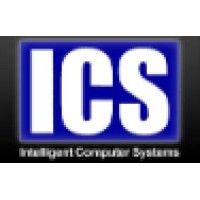
HiEd inc.
HiEd is an Allen-based technology reseller and State of Texas certified HUB Vendor (woman-owned) that serves educational institutions and their community members. We operate campus technology stores at UT Austin, UT San Antonio and University of Houston and serve numerous other universities and schools as a traditional reseller. Additionally we offer technical services for top brands including Apple, Dell, Lenovo, HP, and more.






